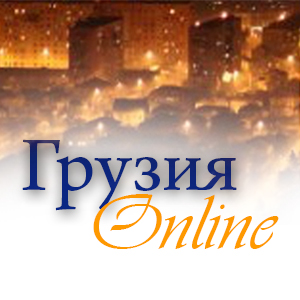
US began hunting for hidden assets of Russian oligarchs
Then the search began for the hidden assets of Russian oligarchs and officials, who are known for their ability to hide the ends in the water. In recent months, U.S. federal prosecutors have issued a string of requests for information, including business records, bank statements and trust registers, people familiar with the situation told The Wall Street Journal. According to them, the goal of investigators is to cut through the veil of secrecy that shrouds ownership structures and hides the ultimate beneficiaries of assets.
The claims are filed through several federal courts, including New York and Houston.
Prosecutors have to overcome many difficulties, both arising during the investigation and legal nature, notes the WSJ. In the first case, they need to find assets hidden by professional lawyers, accountants and financial planners. In the second, they are hampered by the lack of legal instruments that would allow them not just to seize assets, but to confiscate them and, possibly, use them for financial assistance to Ukraine, as Kyiv and some Western politicians are calling for.
The presidential administration has asked Congress to pass a law that expands the powers of the authorities to confiscate Russian assets and create legal grounds for transferring funds to Ukraine. “We don’t have a special mechanism for transferring to the Ukrainian people the proceeds from the confiscation of the assets of the oligarchs,” Democratic Senate Judiciary Committee member Sheldon Whitehouse said in September at a hearing.
The European Commission has proposed similar legislative changes. Together with the government of Ukraine and the World Bank, she recently estimated Ukraine’s current economic recovery needs at $349 billion. To help fund these costs, the US and its allies recently created a working group called Russian Elites, Proxies and Oligarchs – REPO). She is looking for assets that, according to the West, were acquired with funds obtained illegally due to the proximity of their owners to the regime of Vladimir Putin.
The process could take years, admits Andrew Adams, who chairs the KleptoCapture Catch the Kleptocrat Task Force, created by the US Treasury Department and including a whole group of federal agencies. “To conduct an international investigation, penetrating often opaque jurisdictions that are interested in providing safe haven to those who cover up illegal activities, is an extremely difficult task,” Adams said at a September hearing.
The oligarchs are transferring assets to trusts, family members and partners, hiding stakes in companies scattered around the world, says Cary Steinbouer of Winston & Strawn, a law firm who previously held a senior position in the Office of Foreign Assets Management (OFAC), which implements sanctions. For example, it was recently revealed that Alisher Usmanov, through a network of companies created by Bridgewaters from the Isle of Man, invested $175 million in the American laser startup Quanery during the initial public offering. It took place shortly before the start of the war in Ukraine. And although the US imposed sanctions on Usmanov, which included freezing assets in the US, OFAC was not aware of his stake in Quanergy, a person familiar with the situation told the WSJ.
Average Rating